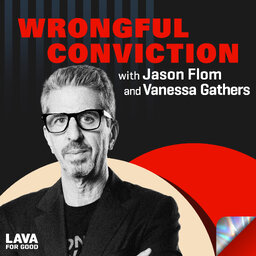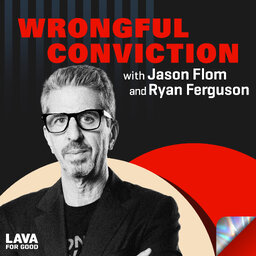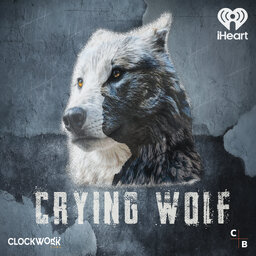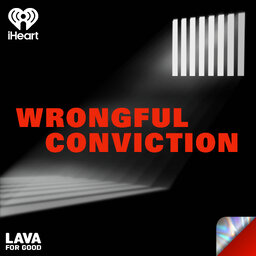#026 Jason Flom with Daniel Tapia
Daniel Tapia was arrested on April 12th, 2003 for second-degree murder in the Calliope housing projects in New Orleans where he lived. He was accused of being the getaway driver and master mind in this murder. The only witness was a police officer who made conflicting statements and even was recorded stating that he was in pursuit of three black males who committed this crime. Despite being Caucasian, Daniel was arrested less than 10 minutes after the shooting occurred, along with three black males. He was wrongfully convicted of second-degree murder and sentenced to life without the possibility of parole in 2005. Prior to his transfer to a state correctional facility, he barely survived Hurricane Katrina and the subsequent flooding while he was locked up in Orleans Parish Prison. His conviction was overturned by a judge, reinstated by the higher court, and eventually overturned for good. Daniel Tapia was released in 2017 after serving 12 years and is now the Lead Mentor at Rising Foundation—an organization which provides pathways to self-sufficiency for formerly incarcerated people with an aim to stop the cycle of incarceration in low income communities in Louisiana—where he is able to pursue his passion of guiding other men and women in changing themselves, their communities, and the circumstances around them.
https://www.wrongfulconvictionpodcast.com/with-jason-flom
Wrongful Conviction is a production of Lava for Good™ Podcasts in association with Signal Co. No1.
We have worked hard to ensure that all facts reported in this show are accurate. The views and opinions expressed by the individuals featured in this show are their own and do not necessarily reflect those of Lava for Good.
In 1 playlist(s)
Wrongful Conviction
Hosted by celebrated criminal justice reform advocate and founding board member of the Innocence Pro…Social links
Follow podcast
Recent clips

#560 Jason Flom with Vanessa Gathers
50:04

#559 Jason Flom with Ryan Ferguson
51:48

Introducing - Crying Wolf
02:31
 Wrongful Conviction
Wrongful Conviction